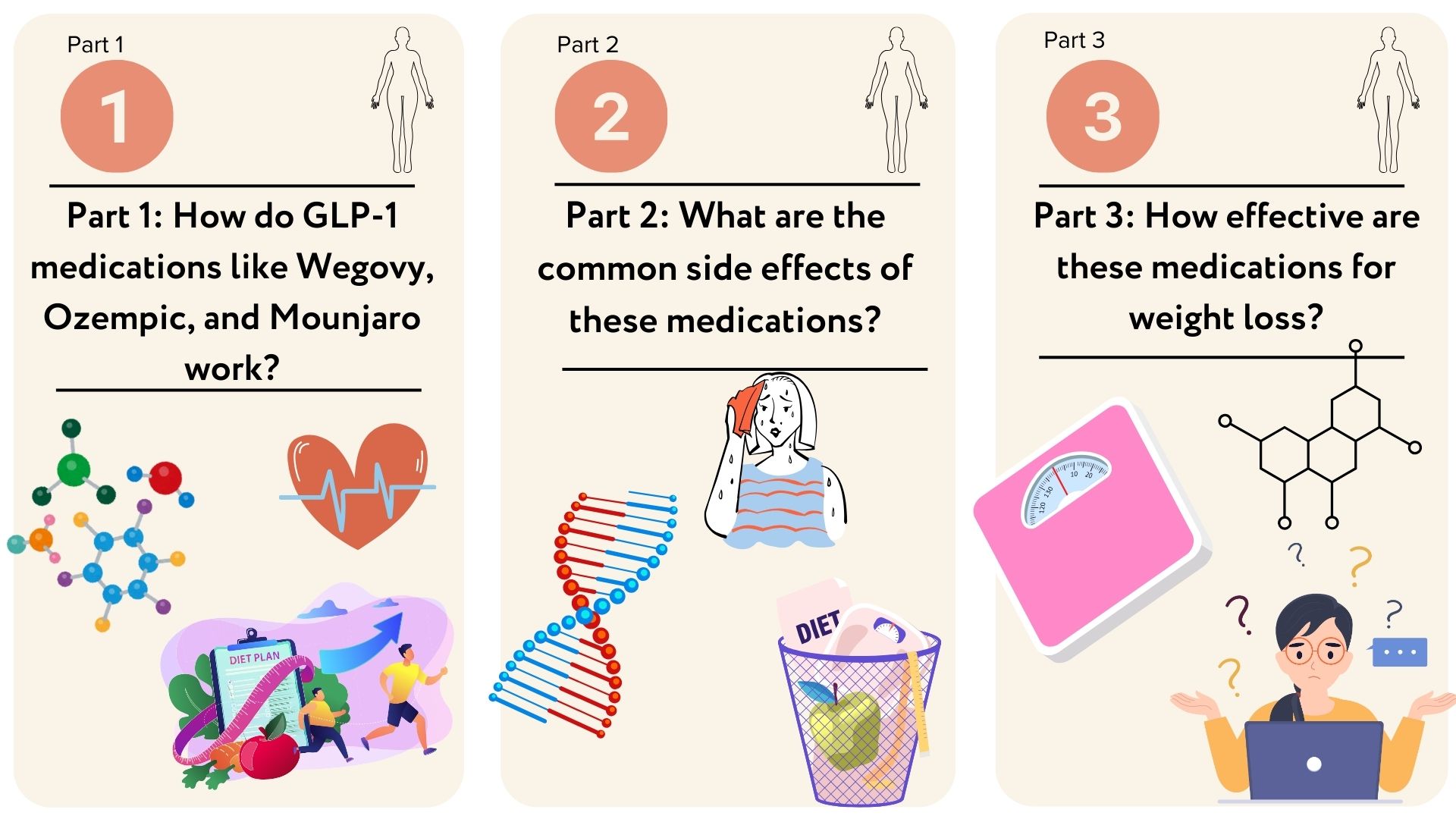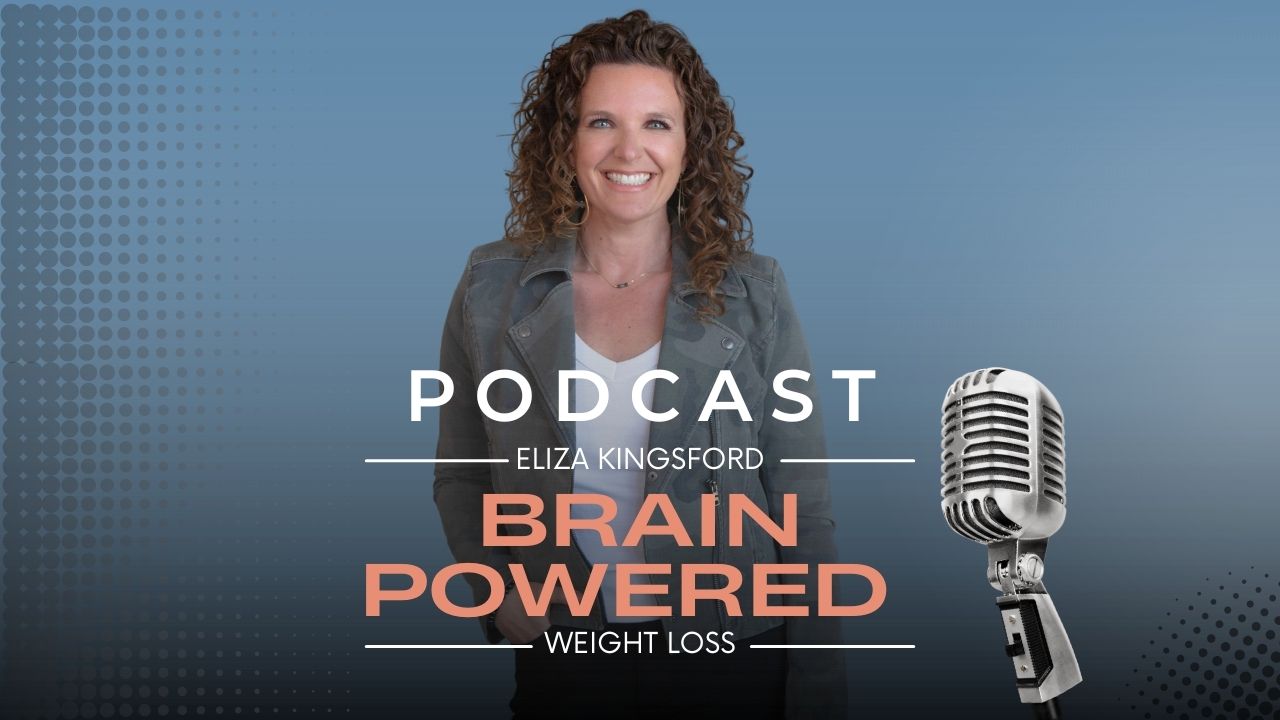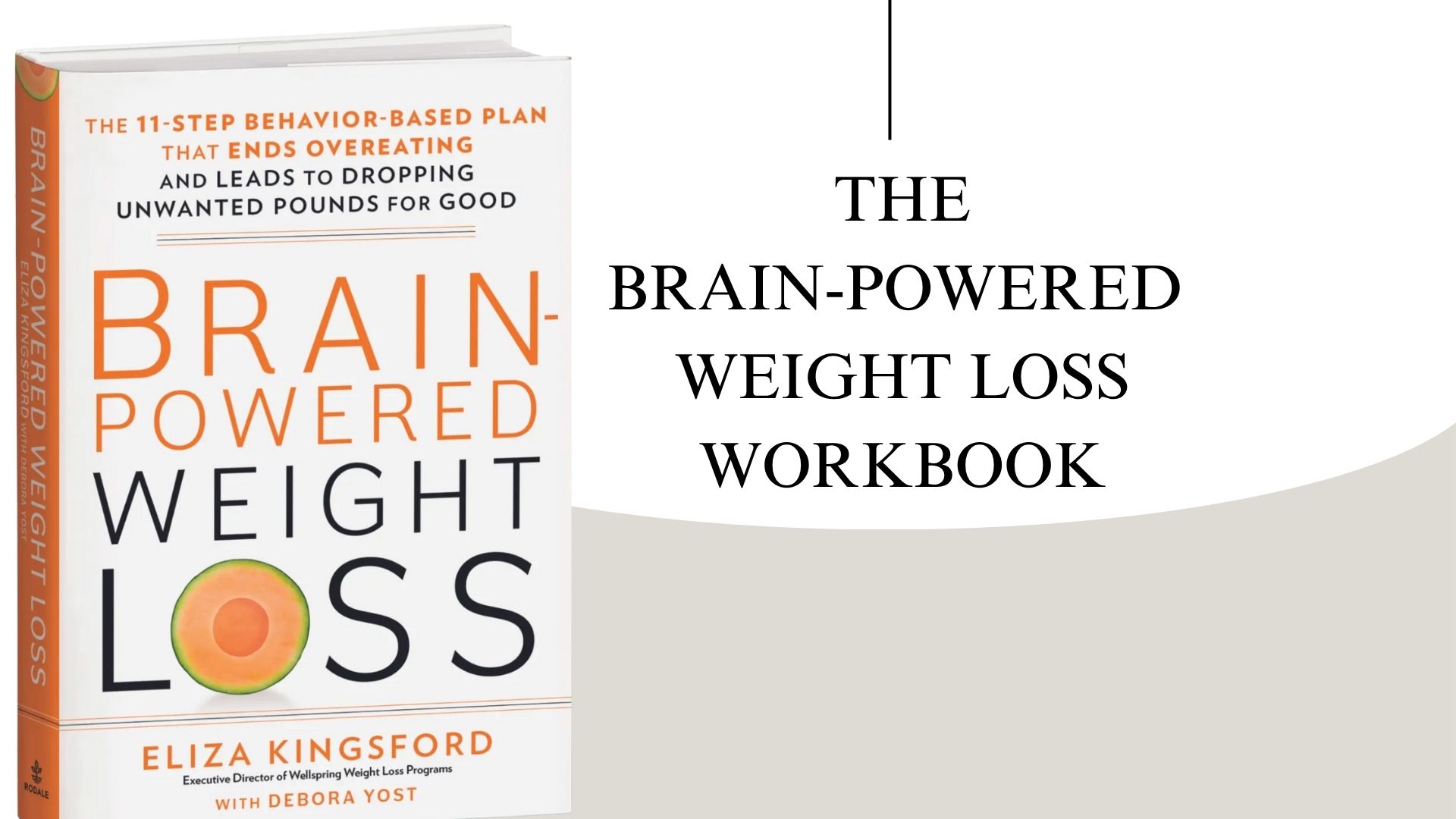
3-Part Series Answering Your Most Commonly Asked Questions Regarding GLP-1 Medications
Dec 19, 2024Part 3: How effective are these medications for weight loss?
How Well Do These GLP-1 Agonists Work for Weight Loss?
It used to be that a loss of 5% of a person's body weight was considered a “good” result in the obesity research space. With these new drugs, there has been a significant paradigm shift. A 2023 study published in The Lancet observed that patients taking semaglutide (Ozempic’s active ingredient) lost an average of 15% of their body weight compared to just 2% in those using a placebo. The most effective results occurred when patients combined medication with a structured exercise and diet plan. Current studies have consistently shown that people taking the newest GLP medications can expect to lose around 15% to 20% of their body weight over the course of 68 weeks. For many, this can translate to losing more than 40 pounds, which can feel transformative. These drugs are, indeed, effective for weight loss.
One thing is abundantly clear, however. In order for the medications to work, you have to be taking them. When people go off them, the medications lose their effect and many people gain their weight back. People have coined this the “Ozempic Rebound” because it has become so prevalent. This is why I laid out HOW these drugs work in part 1, because it’s important to recognize that the medications work by making it easier to eat less. The medications themselves are not causing weight loss.
What About The Benefits Beyond Weight Loss?
Physical Health Benefits for Obesity-Related Conditions:
Many researchers are now looking at the benefits beyond weight loss. What, if any, benefits do these medications provide outside of losing weight?
Here are some of the benefits we are seeing:
- Improved blood sugar control
- Increased insulin sensitivity
- Lowered risk of nerve damage and kidney disease (this is most pertinent for diabetic patients)
- Lowered cholesterol levels
- Lowered blood pressure levels
- Decreased risk of stroke
- Decreased risk of cardiac events (like a heart attack or heart disease)
It’s important to point out that most of these benefits are a result of losing weight (we see these benefits after bariatric surgery as well) but some studies are showing positive benefits on their own (regardless of the amount of weight loss).
The science is clear about the impact of carrying excess weight on your body. Living with overweight or obesity increases your risk of myriad health conditions including heart disease, dementia, diabetes, inflammation, autoimmune issues, cancer, stroke, chronic pain, joint and mobility issues and more. That doesn’t mean being overweight automatically means someone is unhealthy. However, the data is clear, as your body weight climbs, so too does your risk for dozens of potentially serious health concerns.
As you lose weight, the risks of these health concerns go down dramatically. As people are losing considerable amounts of weight on these medications, they are getting healthier in other areas as well.
In addition, there are some potential benefits that occur regardless of the amount of weight lost, suggesting that there could be something about the medications that are providing protective properties on their own like improvement in cardiovascular health.
My Take: There are MANY benefits of losing weight, we’ve known this for a long time. But the potential time and effort it can take to lose weight naturally often feels overwhelming. These medications seem to be very effective at cutting out the time it takes to lose weight, and that can have potentially life-saving benefits.
Psychological and Quality-of-Life Benefits:
Weight loss with Ozempic or Weygovey can lead to more than just physical health improvements - it can also positively affect mental health and self-perception. Some people report feeling a boost in self-confidence and self-esteem after losing weight, which CAN improve overall quality of life.
For some, these medications give people who have struggled with their weight for years a sense of control over their bodies that can lead to lower stress levels and better mental health outcomes. One of the most common positive outcomes is a significant reduction in “food noise” or “food chatter”. Most people taking GLP-1 medications report finally feeling “normal” for the first time in a long time. The incessant food chatter they were experiencing seems to just “disappear”, and they feel like they can “eat like a normal person”.
My Take: Indeed, when people lose a considerable amount of weight they CAN experience significant changes in self-concept, body image and confidence. However, there are also a lot of people that DON’T experience these psychological benefits, and some who actually feel worse.
For people who struggle with emotional eating, stress eating or binge eating there is always a nervous system component to their weight gain. The medications are very effective at helping reduce food intake, but they do nothing for the underlying reasons you were reaching for food to begin with. The body has to do something else with those signals, and for many this can lead to an increase in anxiety, depression or other negative emotions. When we don’t get to the root cause of weight gain to begin with, we run the risk of transferring the symptoms somewhere else.
In Summary:
I hope you’ve enjoyed this 3 part series! GLP-1 receptor agonists like Ozempic have undeniably changed the weight loss landscape, delivering results that were once considered almost unattainable. The potential to lose 15–20% of body weight, coupled with improvements in physical health markers like blood sugar control, cardiovascular health, and even reduced “food noise,” has made these medications a game-changer for many. For those who’ve struggled for years, they represent a powerful tool for finally gaining control and feeling a sense of progress that once seemed out of reach.
However, it is crucial to also remember that these medications are just that—a tool. They’re not a cure-all. The reality of the “Ozempic Rebound” underscores the importance of addressing the underlying causes that lead to weight gain to begin with. After all, if you have to take tylenol to manage your headaches every day for the rest of your life, have you cured them? Or are you just managing the symptoms?
Taking these medications CAN undoubtedly help transform your life if you decide they’re a good option for you. However, if you don’t address the root cause of your weight gain, you are likely to end up back in the position you were in before (and hopefully not worse off) just like any other diet you’ve tried in the past.
The good news is that you can absolutely use them as a tool while you address the other crucial components to weight loss that will lead to lasting change - allowing you to get off the medication without gaining the weight back.
If you missed the other articles in the series, you can read them here:
Part 1: How do GLP-1 medications like Wegovy, Ozempic, and Mounjaro work?
Part 2: What are the common side effects of these medications?
Want to learn more? Click Here and I'll send you my Ultimate Guide To Navigating GLP-1 Medications for Weight Loss.
What’s Next
If this message resonates, if you’ve realized your weight struggle runs deeper than diets—it’s time to heal what’s really underneath. I want to personally invite you to watch the Master Your Weight Loss Workshop for yourself - free!
This isn’t another plan. It’s a shift in identity. And for thousands of women, it’s the beginning of freedom.
👉 You can watch by clicking this link here
🎧 Want More Like This?
If you're ready to go deeper into behavior change, emotional regulation, and sustainable weight loss, don’t miss The Brain Powered Weight Loss Podcast, hosted by me - Eliza Kingsford.
Each episode breaks down the neuroscience behind food patterns, cravings, and mindset shifts — so you can finally understand why you get stuck, and what to do about it.
Click here to start listening now
💬 Let’s Keep the Conversation Going
If something in this post resonated with you, you're not alone — and you don’t have to figure it out alone either.
As a licensed psychotherapist, behavior change specialist, and expert in the neuroscience of lasting transformation. I've helped thousands of people, regulate their nervous systems, and finally gain control over food and their bodies — not through willpower, but through proven, science-backed methods - offering a path to sustainable change that actually works - not just for your body, but for your whole self.
👉 Ready for deeper support? I welcome hearing from you. Send me an email: [email protected].
And if you're looking for a safe place to heal your relationship with food, body, and self — you're in the right place. I'm so glad you’re here.


